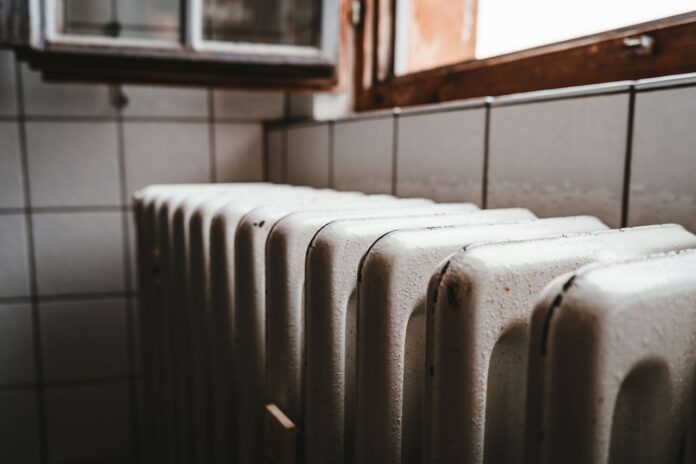With the home heating season approaching, the New Hampshire Department of Energy (DOE) and the New Hampshire Department of Safety’s Division of Homeland Security and Emergency Management (HSEM) encourage New Hampshire families to discuss heating their homes this winter.
“While national policies have driven up the cost of heating fuel, it’s important families know of the steps they can take to manage costs,” said Governor Chris Sununu. “While New Hampshire cannot control the cost of energy, we encourage families to apply for the assistance available this year.”
“Granite Staters continue to see expensive energy bills driven by national energy costs,” said DOE Commissioner Jared Chicoine. “It is important that New Hampshire families are aware of ways to stay warm, healthy, and safe this winter.”
“Prepare your family for cold weather ahead of the winter season,” said HSEM Director Robert Buxton. “Have a family plan to heat your home that includes backup sources if needed. Add supplies such as blankets and extra layers of clothing to your emergency kit to use during colder weather.”
Home Energy Tips
- Call your fuel vendor and ask about setting up automatic delivery. Automatic delivery adds convenience by eliminating the need to monitor your tank and can add peace of mind as winter weather approaches and prices shift.
- If you prefer paying for fuel on demand, make sure to keep an eye on your fuel gauge and call your vendor at least 10 days in advance of needing fuel.
- Call your fuel vendor and ask about fuel payment budget plans. Budget plans might help a household make heating costs more manageable. Families should make sure to clearly understand their agreement with their fuel vendor.
- Make sure your heating system receives professional maintenance each year.
- Clean any warm-air registers, baseboard heaters, and radiators as needed and make sure they’re not blocked by furniture, carpeting or drapes.
- Clean or replace filters on forced hot air systems regularly.
- Consider installing programmable thermostats to turn your heat up and down automatically to match the hours when you are home or away.
For more home energy tips, visit Energy Efficiency – Managing Your Energy Usage | NH Department of Energy, Information on New Hampshire energy efficiency programs can be found at https://nhsaves.com/.
Assistance Programs
New Hampshire has a variety of opportunities for households in need of assistance with home energy costs – both heating and electric. Learn more about assistance programs, including how and where to apply, at CAPNH.ORG or by calling 211.
- The Fuel Assistance program provides benefits to qualified New Hampshire households to assist with heating costs throughout the winter season.
- The Electric Assistance Program provides eligible customers with a discount on their monthly electric bills all year.
- The Gas Assistance Program provides eligible customers with a discount on their natural gas winter heating bills.
- Utilities have other resources for their customers. Customers of Eversource, Liberty, and Unitil can learn more about Neighbor Helping Neighbor while customers of the NH Electric Co-op can learn more about Project Care.
Home Safety
- Remember to keep any exhaust vents on your home clear of snow, ice, and other debris.
- Falling ice and snow can damage your gas meter when sliding off the roof. Be sure to clear snow and ice off your roof above your gas meter and other gas service equipment and keep the area around your meter and other equipment clear from snow and ice.
- Make sure that your driveway and the path to the tank are clear of snow.
- Keep anything that can burn at least three feet (one meter) away from heating equipment, like the furnace, fireplace, wood stove, or portable space heater. Have a three-foot (one meter) “kid-free zone” around open fires and space heaters.
- Remember to turn portable heaters off when leaving the room or going to bed.
- Burn a hot fire – not a smoldering – fire, with clean and dry wood in woodstoves and fireplaces to prevent creosote build-up in chimneys. You want to reach 1,100 degrees Fahrenheit to make sure the gases burn efficiently and completely.
